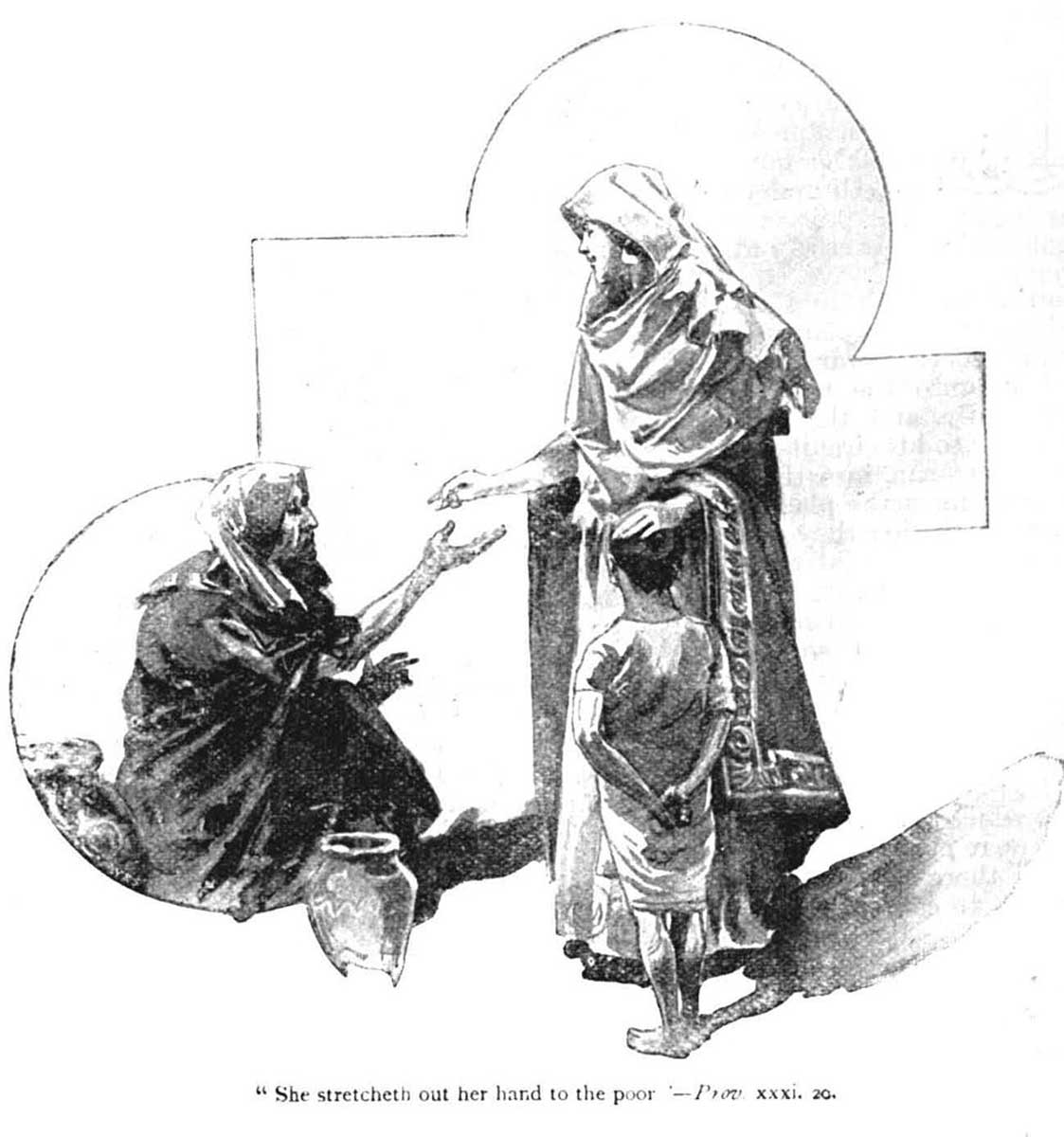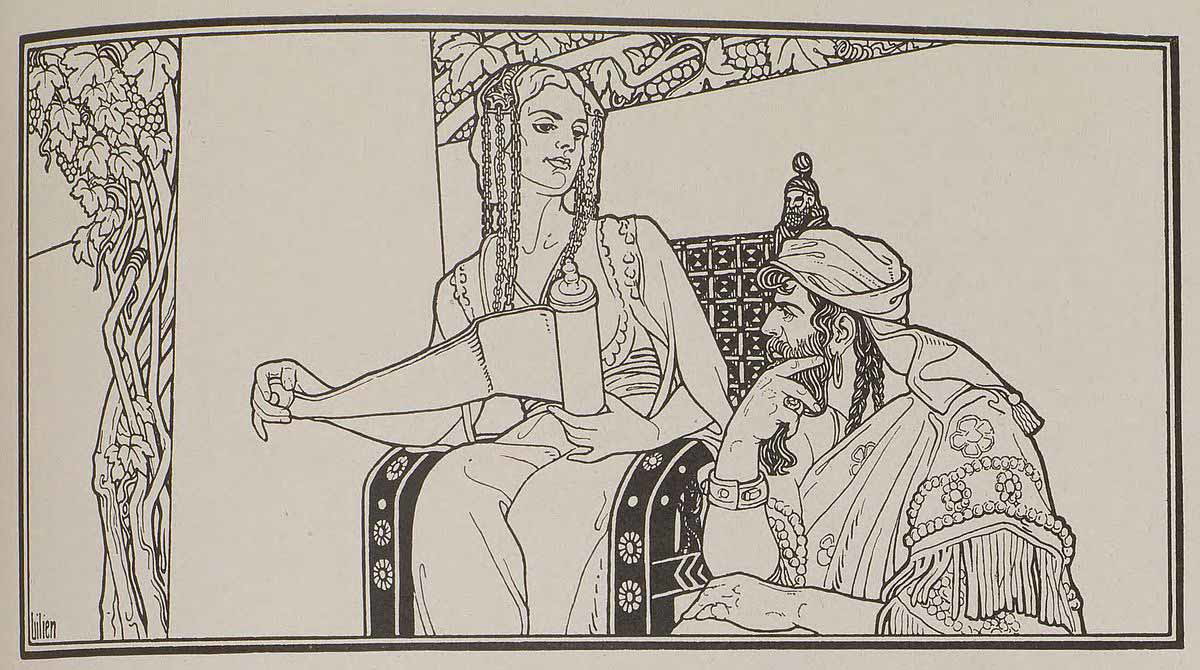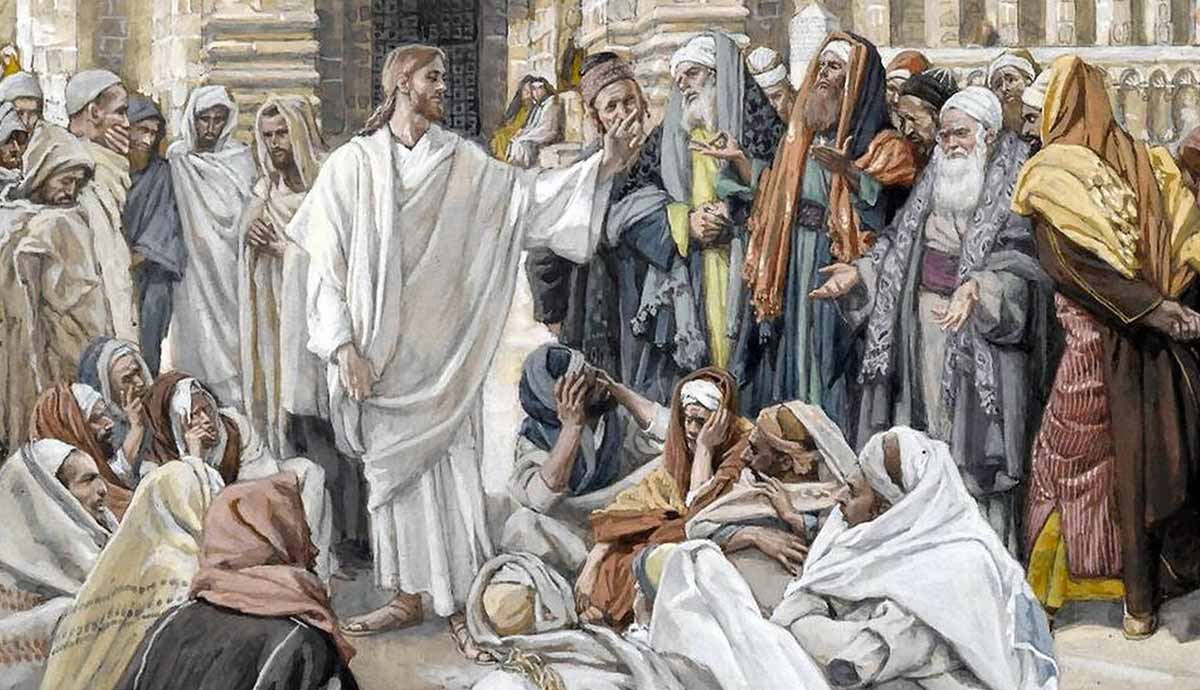
The Hebrew word translated as “proverbs” used to describe the Book of Proverbs, is “mishlei” (מִשְׁלֵי), derived from a root that means “to compare,” “to rule,” or “to govern.” This root also carries the sense of a parable, proverb, or saying that conveys wisdom through comparison or analogy. As such, the English word proverb, meaning a short, memorable expression that teaches a moral or practical lesson, does not do the Hebrew term justice. The original term has a much broader meaning which includes riddles and parables, and is not limited to maxims.
Authorship and Date

Proverbs opens with the verse “The proverbs of Solomon, son of David, king of Israel,” and the book identifies him again as the originator of the wisdom detailed in Proverbs 10:1 and 25:1. Closer scrutiny, however, shows that Solomon was not the only author.
Proverbs 22:17 and 24:23 refer to “the sayings of the wise” which indicate a new section of sayings, likely by different unnamed authors. In some instances, the originator of the sayings is known, as in Proverbs 30:1 which identifies Agur son of Jakeh as the oracle of wisdom. A chapter later, King Lemuel is mentioned, who learned wisdom from his mother. The ancient writing from the section attributed to Lemuel contains Aramaic spellings, which indicates that it may be non-Israelite in origin.
Considering the variety of sources of wisdom in the Book of Proverbs, we can safely state that it is a compilation that contains the wisdom of many wise men. The primary contributor may well have been Solomon, since 1 Kings 4:29-32 hails Solomon as an exceptionally wise man who “spoke 3,000 proverbs, and his songs were 1,005” (1 Kings 4:32). Proverbs 25:1 seems to indicate that the wise men of Hezekiah collected and compiled additional proverbs by Solomon and added them to an existing corpus.

Since Proverbs is a compilation, dating it depends on the origin of each section and its eventual final compilation. The sayings by Solomon date to the 10th century BCE, and the compilations and additional sections by Hezekiah’s men date to the late 7th to early 8th centuries BCE.
King Lemuel and Agur are enigmatic characters that, other than the two small sections in Proverbs, we know nothing about. If they were historical figures, dating their contributions is nearly impossible. Some scholars have suggested that they may represent symbolic figures used to highlight categories of wisdom related to the meaning of their names. Agur means “collector” or “gatherer,” while Lemuel means “devoted to God.”
Historical Context

Due to the variety of sources and time periods, a single historical context cannot be determined for the book as a unit. The section by Solomon comes from a time of peace and prosperity for the nation of Israel. The context of King Lemuel and Agur cannot be determined due to the enigmatic identities of these men.
The nature of the proverbs and parables in the Book of Proverbs, however, makes the historical context less important. The wisdom they share is timeless and therefore applicable to every age. Their context does not add to our understanding of these proverbs or their significance and applicability today.
The proverbs are not prophecies or promises, but rather generalized truths. Take for instance Proverbs 10:27: “The fear of the LORD prolongs life, but the years of the wicked will be short.” It does not mean that those who have reverence for God always live longer than those who are wicked. That is simply not factually correct. It does, however, present a generalized principle that reverence of God results in a lifestyle that is likely less treacherous. Some readers prefer to read this proverb in the context of eternal life resulting from reverence for God, but that does not seem to have been the intention of the author.
Structure

Prologue: Purpose and Theme (Proverbs 1:1-7)
The prologue introduces the overarching goal of Proverbs: to impart wisdom, discipline, and understanding.
The Superiority of the Way of Wisdom (Proverbs 1:8; 9:18)
This extended discourse contrasts the paths of wisdom with folly. Wisdom is personified as a noble woman, while folly is portrayed as a seductive and dangerous force.
The Main Collection of Solomon’s Proverbs (Proverbs 10:1; 22:16)
This section comprises the largest part of the Book of Proverbs and consists of nuggets of wisdom by Solomon.
The Thirty Sayings of the Wise (Proverbs 22:17-24:22)
These sayings are often practical, addressing social justice, personal conduct, and relationships.
Additional Sayings of the Wise (Proverbs 24:23-34)
This addendum to the Thirty Sayings focuses on justice, diligence, and personal responsibility.
Hezekiah’s Collection of Solomon’s Proverbs (Proverbs 25-29)
These five chapters contain wisdom collected by the men of Hezekiah that was not part of earlier recorded Solomonic proverbs.
The Sayings of Agur (Proverbs 30)
The sayings by Agur introduce a contemplative and poetic tone to the Book of Proverbs. They reflect humility, acknowledgment of human limitations, and the wonder of God’s creation.
The Sayings of King Lemuel (Proverbs 31:1-9)
This short section of the Book of Proverbs reflects what Lemuel’s mother taught him. It warns to avoid excess and advocate for the oppressed.
Epilogue: The Ideal Wife (Proverbs 31:10-31)
The epilogue of the Book of Proverbs is a poetic acrostic describing the qualities of a virtuous wife. It is often promoted as the ideal for women to strive toward.
Main Themes

The Fear of the Lord
Fear, in this context, refers to reference. According to the Book of Proverbs, true wisdom is acknowledging who God is and having respect for his sovereignty by being obedient to his will.
Wisdom and Folly
Many proverbs present their wisdom by contrasting wisdom and folly, highlighting the different outcomes each results in. Wisdom ends in life, truth, and prosperity while folly results in death, destruction, and poverty.
The Power of Words
Many proverbs focus on the power of words to create or destroy. Words as an expression of the inner being and attitudes reveal the character of a person. These proverbs warn to be careful when speaking and to be aware of the consequences words may have.
Diligence vs. Laziness
The Book of Proverbs on several occasions points to nature to show the contrast between the results of diligence and laziness. The former is wise and the latter foolish.
Governance
Some proverbs address the contrast between good and bad governance. The former is selfless and results in national prosperity, while the latter seeks benefit for the one in power at the cost of their subordinates.
The Consequences of Choices
Most proverbs in some sense speak of the consequences of the choices individuals make. Those with self-control make good choices which result in positive outcomes while the rest are ensnared by their foolishness.
Key Passages

Proverbs 1:7
“The fear of the LORD is the beginning of knowledge; fools despise wisdom and instruction.”
To the Hebrew mind, wisdom could never be separated from the worship of God. Reverence of God and his guidance were synonymous with wisdom and prosperity.
Proverbs 6:6
“Go to the ant, O sluggard; consider her ways, and be wise.”
A significant number of proverbs draw on nature for wisdom. In some instances, it is by comparison, but in this case, it is from an experience most readers will be familiar with.
Proverbs 11:3
“The integrity of the upright guides them, but the crookedness of the treacherous destroys them.”
A prime example of a proverb that contrasts virtue with vice, this proverb juxtaposes integrity and crookedness and their respective outcomes.

Proverbs 15:1
“A soft answer turns away wrath, but a harsh word stirs up anger.”
Proverbs, as in this case, sometimes present a truth in simple terms that are much harder to put into practice. It does not render the proverb any less true but indicates that much self-discipline is needed to live the reality.
Proverbs 18:21
“Death and life are in the power of the tongue, and those who love it will eat its fruits.”
It is hard to imagine a context where this proverb would not greatly impact the dynamics of human interaction. It resonates with the biblical principle of what you sow you will reap.
Proverbs 22:6
“Train up a child in the way he should go; even when he is old he will not depart from it.”
Many Hebrew sources highlight the importance of education to strengthen individual and social integrity.
Proverbs 29:4
“By justice a king builds up the land, but he who exacts gifts tears it down.”
On several occasions, the Book of Proverbs highlights justice as a foundational element of prosperity and corruption as the key to collapse.
Contemporary Relevance of the Book of Proverbs

The wisdom of the Book of Proverbs is as relevant today as it was when these words of wisdom were first spoken. It provides guidance on a plethora of life issues from parenting to self-improvement, from social justice to etiquette. One can hardly think of a better book that addresses contemporary society with its wisdom than the Book of Proverbs.










